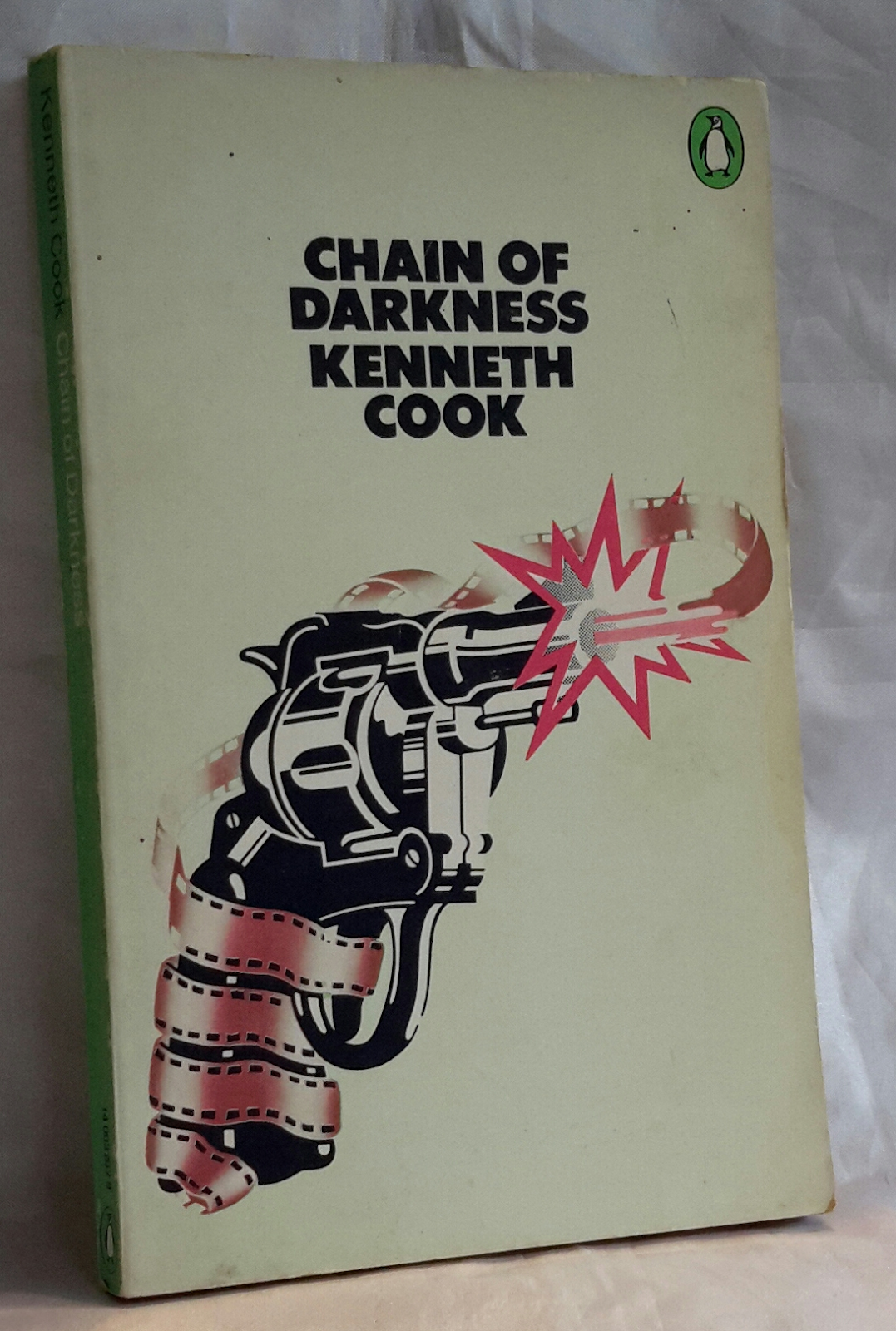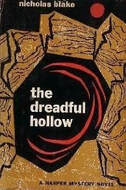A Shroud for Grandmama is a forgotten book in more ways than one. I must have read it perhaps thirty years ago but when I looked at it again, I had no memory of it whatsoever. It was only when I saw a comment I'd made on John Norris's excellent (if slightly spoiler-y) review that I realised I had enjoyed the story once before. The great advantage, of course, of this failure of memory is that the second time around, I enjoyed the mystery all over again.
This is a truly eccentric book, with eccentric suspects, an almost endless succession of weird incidents, and an eccentric cop. Perhaps the oddities aren't so surprising when one realises that the author was John Franklin Bardin, who had previously published three impressive psychological suspense novels under his own name. It seems characteristically strange that he published this one, at different times, under two different pen-names - Gregory Tree and Douglas Ashe. I can't begin to explain why he did that. My own copy is a tatty paperback that is literally falling apart, and I've taken the above cover image of the Gollancz file copy of the UK edition from the Heartwood Books site, and I see that Gollancz cheekily hinted that Tree might be another name for Francis Iles! To add to the confusion, the book has also been published as The Longstreet Legacy.
This is a Gothic novel set in post-war New York City and featuring the Longstreets, a family that is only marginally less peculiar than the Addams family. The narrator - who is by no means entirely reliable - is Abigail Longstreet, a beautiful woman with a fondness for Jane Austen and the decorous manners of the past. When, prompted by a visit from a mysterious young man called Arthur Crump, she calls on her reclusive blind grandmother, Abigail is shocked to find Ella Longstreet dead, and wearing (of all things) nothing but a white bikini. On the floor of Ella's eerie mansion where her body is found are footprints in the dust - as if someone has been dancing. But how did she die? If it was murder, it seems like an impossible crime and this aspect of the story is highlighted on another great blog, Beneath the Stains of Time
From this vivid and rather disturbing opening, the plot thickens as an assortment of suspects, mostly members of the Longstreet family, are introduced. It's a very talky book, with only a limited amount of action, but Bardin was a skilled entertainer and good at keeping the reader anxious to turn the page. In many way, it's a classic whodunit with macabre trimmings. And a good one.












.JPEG)





